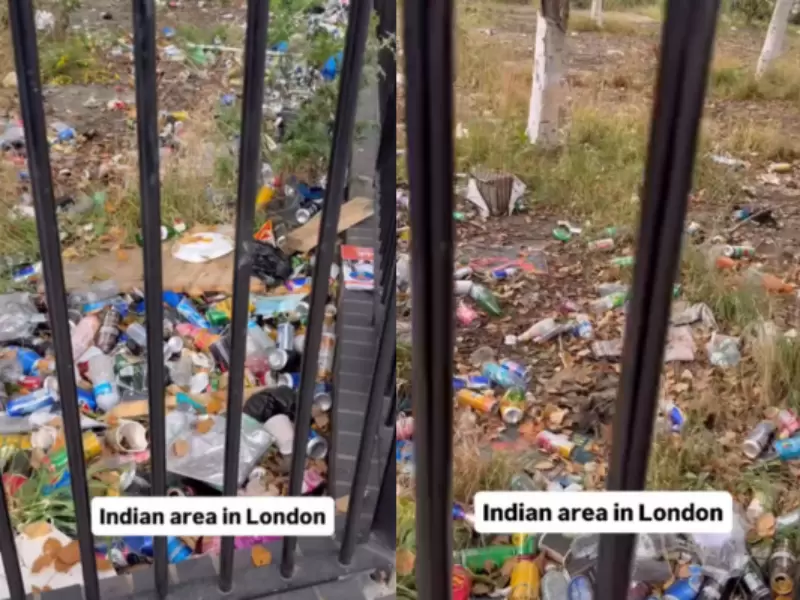WhatsApp groups: Bridges or barriers?
Platforms built to connect now fracture communities in the name of managing them. Ideology, ego, and/or self-interest often dictate what stays and what gets erased.
 Representative image / Courtesy: Pixabay
Representative image / Courtesy: Pixabay
In far too many groups, self-proclaimed administrators behave less as facilitators and more like proprietors. They delete posts, silence voices, remove members, and dismiss content as “divisive” or “political” without any real engagement. The result: communities turn into private fiefdoms where only certain ideological or personal viewpoints are allowed to survive.
Social media was once hailed as the great equalizer, a tool to connect people across boundaries and give everyone a voice. Platforms like WhatsApp, Facebook, and X (formerly Twitter) promised open dialogue and community.
Yet, increasingly, especially on WhatsApp, those promises ring hollow. What began as a bridge for connection often becomes a barrier of control. Groups meant for conversation morph into echo chambers, policed by self-appointed gatekeepers who decide what may or may not be said.
With more than 850 million users, India is WhatsApp’s largest user market, far ahead of Brazil’s 148 million. Consequently, Indians are perhaps the best laboratory for observing this contradiction between communication and control.
The problem of gatekeeping
In far too many groups, self-proclaimed administrators behave less as facilitators and more like proprietors. They delete posts, silence voices, remove members, and dismiss content as “divisive” or “political” without any real engagement. The result: communities turn into private fiefdoms where only certain ideological or personal viewpoints are allowed to survive.
This is social media’s greatest irony. Platforms built to connect now fracture communities in the name of managing them. Ideology, ego, and/or self-interest often dictate what stays and what gets erased.
Digital etiquette or digital policing?
Every gathering, online or off, needs rules. But digital etiquette should enable dialogue, not muzzle it. Healthy groups thrive when they follow four basic principles:
1. Clarity of Purpose - Members should know if the group’s focus is social, professional, or ideological.
2. Respectful Discourse - Disagreement is natural; civility must be non-negotiable.
3. Transparency - Removing a post or member should come with a clear reason and an opportunity for dialogue.
4. Consistency - Rules must apply with consistency because selective enforcement breeds mistrust.
When agendas take over
Often, gatekeeping isn’t just about order; it’s about agenda. An administrator promoting an under-attended event might quietly suppress competing announcements. Others use groups to steer attention toward personal, organizational, or ideological interests.
Often, there’s no distinction between different types of sharing:
● Personal promotion – marketing one’s own product, service, or event.
● Business or ideological promotion – acceptable within a defined and transparent space.
● Nonprofit causes – advocacy or fundraising for the common good.
When these are lumped together, or when admins privilege their own posts while deleting others, credibility collapses. Members sense bias; conversation turns transactional. Some admins even push memberships or paid subscriptions, turning the group into a funnel rather than a forum.
The politics of 'non-political'
Equally concerning is the lazy use of labels like “divisive” or “political.” Posts are often dismissed without being properly read and understood. When admins disagree with another point of view, it is easily labeled as divisive. Branding content political creates the illusion of neutrality while suppressing discussion.
Almost every issue that shapes society, such as education, health, and culture, has political dimensions. To ban politics entirely is to strip conversation of its meaning. Even nonprofits, despite claims of neutrality, operate within political realities. Pretending otherwise only deepens hypocrisy.
Fear of difference
At the heart of such censorship lies fear of contradiction, challenge, or loss of control. Many prefer the comfort of like-minded circles where views go untested. But echo chambers don’t build understanding; they breed intolerance.
In reality, intellectual, personal, and social growth come from engaging across differences. When groups silence dissent, they cease to be communities and become cults of convenience.
A way forward
Social media’s promise lies in its ability to unite across divides. But when censorship replaces curiosity and self-interest trumps fairness, that promise turns hollow.
For WhatsApp groups to become bridges and not barriers, they must rediscover their original purpose: connection and communities. Admins should act as moderators, not monarchs. Members should value conversation, not conformity.
A few steps can help:
● Encourage a “reading, listening, and understanding before reacting” culture. Reflect before deleting, and ask if deletion serves fairness or affirms ego.
● Differentiate between personal, business, ideological, and nonprofit sharing with clear, transparent rules.
● Allow reasoned debate, even when uncomfortable. Diverse opinions enrich the community.
● Rotate admin roles to prevent monopolies of control.
WhatsApp groups should not be personal kingdoms or covert marketplaces. The self-proclaimed admins should rise above control and aspire to be what social media was meant to be: open, diverse, sometimes messy, but always enriching.
NOTE: The author acknowledges the use of ChatGPT for research and the improvement of content.
The author is a Ph.D. physicist from IIT Roorkee. He has served in academia as a faculty member and researcher and held various leadership roles across universities. He also worked as a policy analyst at the White House Office of Science and Technology Policy.
(The views and opinions expressed in this article are those of the author and do not Necessarily reflect the official policy or position of India Abroad.)
ADVERTISEMENT
ADVERTISEMENT
E Paper
Video



 Vijendra Agarwal
Vijendra Agarwal











Comments
Start the conversation
Become a member of New India Abroad to start commenting.
Sign Up Now
Already have an account? Login